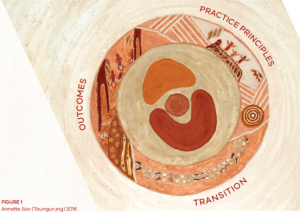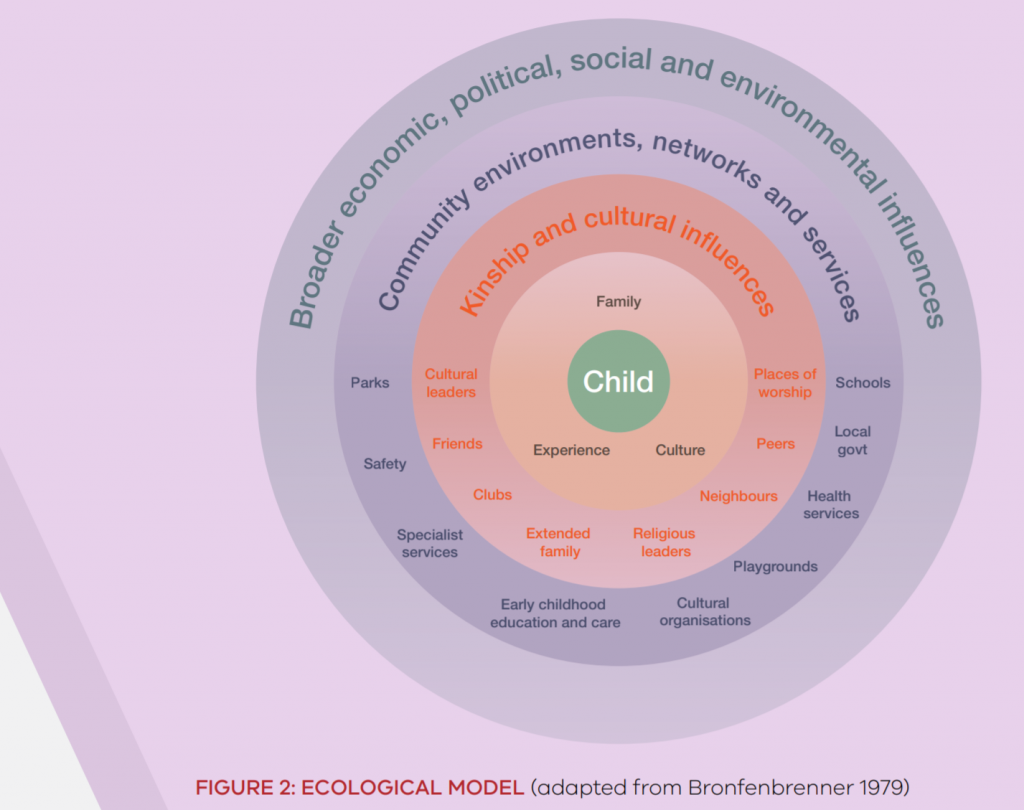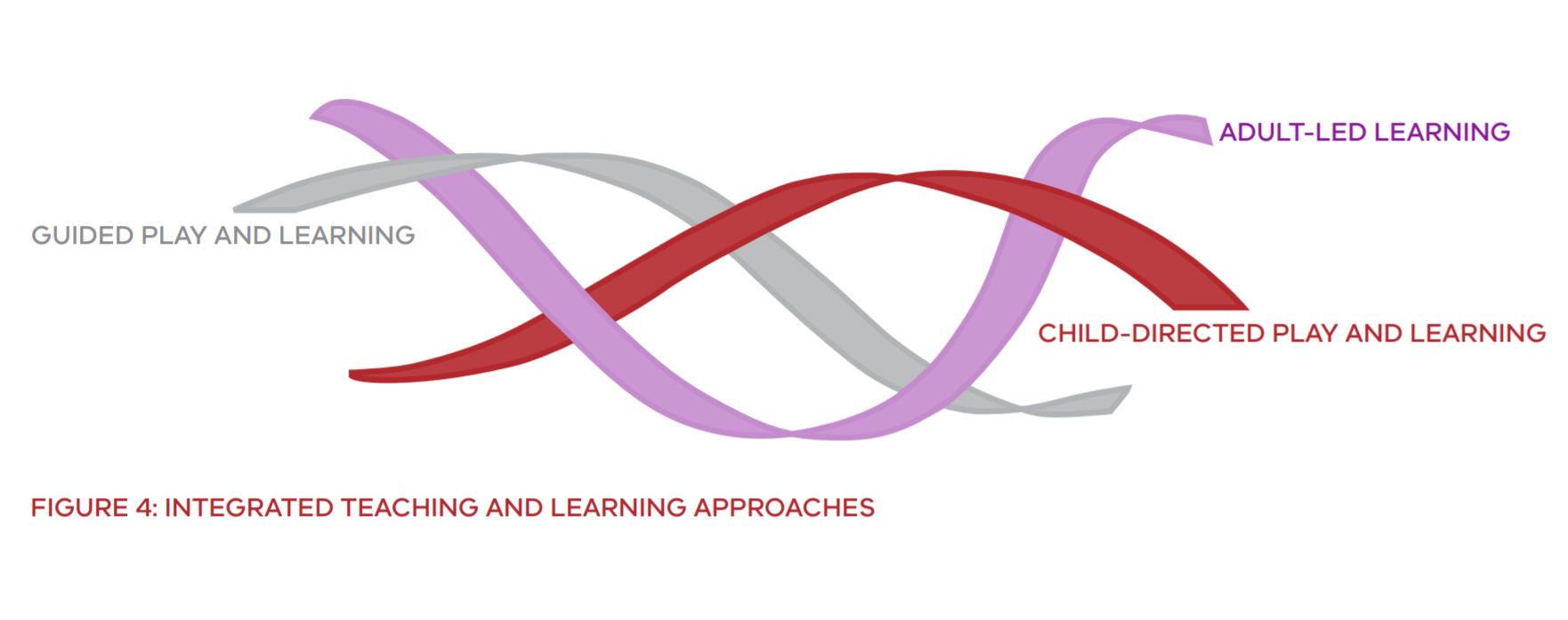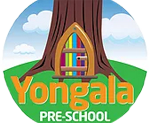
Our Vision
To provide a high quality pre-school program which meet the needs of all children, and is based on sound early childhood research and practice.
Our Commitment to a child safe environment
At Yongala Preschool we hold the care, safety and well-being of children and families as a central and fundamental responsibility of our Preschool. Our Preschool have zero tolerance of child abuse and all children are entitled to, as a fundamental right, safety and protection from all forms of abuse and neglect. We all have an obligation to do the best we can to keep children safe from harm and abuse. Particular attention will be paid to the cultural safety of Aboriginal children and children from culturally and/or linguistically diverse backgrounds, as well as the safety of children with a disability. We are committed to preventing child abuse and identifying risks early and then reducing or removing them.
Yongala Preschool Philosophy
Our statement of philosophy describes Yongala’s values, beliefs and understandings about children, families, the role of educators and the ways children learn. It is a living document that often requires your comment and contribution.
Our Philosophy
Mission
The Educators and Committee of Management of Yongala Pre-school are committed to upholding and celebrating the rights of all children in a safe and secure environment. This is done through a program that provides opportunities for children to be actively engaged in meaningful experiences, a balance between child-initiated and educator-supported learning experiences. The environment is designed to facilitate and support each child’s natural desire to learn. The children are viewed as confident and capable learners who are to be actively involved in their own learning. Children are encouraged to build meaningful relationships with their peers, staff and the broader community.
Yongala Preschool is committed to the principles of inclusive education celebrating the individuality and uniqueness of young children and their families. We create a welcoming and vibrant community respecting and valuing the diversity of our families. Our preschool values strong partnerships with care-givers of children and in order to achieve the best possible outcome for each child. Because when children learn, we all grow.
Principles

The principles of Yongala Pre-School are the cornerstone of the education practices for educators, families and management. The principles and practices are drawn from the Victorian Early Years Learning and Development Framework and National Early Years Learning Framework for Australia “Belonging, Being and Becoming”.
Child
We recognise all children as rights holders and full members of society, capable of participating in their social worlds through their relationship with others. These rights, expressed in the United Nations Convention on the Rights of the Child (1989), are:
- the right to life and development
- the right to be heard
- the right to non-discrimination
- the right for the best interests of the child to be upheld.
The educators and committee of management of Yongala Preschool adhere by the above-said rights, and as such, hold the belief that all children are competent and capable learners of all abilities. Educators value the importance of experiential learning and provide opportunities for children to construct their own understandings, contribute to the learning of others, and participate in decisions that affect them. Play-based experiences based on children’s interests encourage and foster a natural sense of curiosity, exploration and investigation while developing a lifelong love of learning. We believe that play is a vital for children’s learning and their physical, social and emotional development.
Children’s individual learning needs and development outcomes are discussed and communicated between team members and care-givers in order to achieve equity, inclusion, immediate and future learning outcomes.
Our communication with children is based upon mutual respect, the foundations of which build on each child’s emerging sense of identity, wellbeing including their voice.
We believe that it is important to create a space where each child feels valued and secure, without having to renounce his or her individuality.
A place where his or her family’s cultures and values are respected, honoured and considered as a source of richness for all the learning community.
Families

We acknowledge that children first learn within the context of their family culture. We understand that learning is enhanced when educators and families form strong collaborative partnerships. We are committed to building strong relationships with each family in order to achieve the best possible outcome for each child. We believe that an effective collaboration will support not only children’s learning but will help children in building a strong sense of belonging, identity, and well-being. We think that families should participate in the learning experiences of their children at preschool and should take an active role in developing the program bringing to the pre-school their ideas and areas of expertise and sharing them with our learning community. We encourage families to do stay and play so they can be a part of the program and support the teachers in running a rich program for the children. Group time including meal and mat time is considered very important by families in our centre who see it important that all children come together as a family and learn as a group. For many family’s preschool is viewed as their extended family due to the isolation from their relatives.
Management, team members and educators
The team are dedicated to quality outcomes for children. They are professional, committed to lifelong learning, skilled, knowledgeable, reflective and collaborative. Continuous improvement, best practice and quality outcomes underpin practice. Current research, theories and understandings are considered and applied in the context of the uniqueness of Yongala, through a process of ongoing critical reflection.
Our teachers have an advanced understanding of the pre-reading, pre-writing and pre-mathematics skills that children are required to learn in early childhood in order to create better outcomes when they reach school and engage in formal learning experiences. Each of the play-based experiences on offer in the children’s learning environment support a range of skills and development. All educators take observations of the children and assess their development from a positive perspective, focusing on what they can do, rather than focusing on their deficits.
Environment
The environment is set up in a way that provides continuity and predictability for children. A wide variety of experiences are available to children, some encouraging large and small group learning and others allowing for individual learning opportunities. Educators recognise the benefits of open-ended play and the use of natural products in their universal ability to support each child’s development. We embrace, love and respect our natural surroundings and we aim to make sustainability part of our daily practice and educational programs.
Community
We are committed to ensuring we offer extensive learning opportunities by incorporating the wider community in the experiences we offer the children. We also use the knowledge and expertise of external agencies in supporting and extending children of various backgrounds and abilities. Collaborative partnerships with local schools, library and aged cared facility are living are constantly evolving. The acknowledgement, respect and value of Australia’s Aboriginal and Torres Strait Islander cultures are evolving in our centre constantly. Educators are culturally competent and respect multiple cultural ways of knowing, seeing and living. It is within our setting that we celebrate diversity and can understand and honour differences.
Program
Our program emerges from the interests of the children through group discussion and parent contribution by sharing information about their child’s interests. Educators incorporate this when developing both individual and group plans including intentional teaching moments for learning and play. We balance intentional teaching with child directed learning opportunities whilst we encourage children to seek new challenges and in a play based learning environment.

Our practice supports elements of the following theories:
Howard Gardner’s Multiple Intelligences Theory
Appreciates children have strengths in different areas and that recognising these intelligences helps children experience success and feel valued. In noting the different ways or ‘intelligences’ that influence the way we can learn we can make the learning more visible in learning stories and plan accordingly for the future.
Reggio Emilia
The practice of Reggio Emilia in relation to the importance of the children’s voice means that our program is designed to foster every opportunity to create learning based on each child’s interests. Children must have some control over the direction of their learning as well as having endless ways and opportunities to express themselves in order to develop to their highest potential.
Image of the Child - We see the child as strong, competent, curious, resourceful; that each child has enormous potential. The child in my view is a constructor of knowledge, actively seeking to make meaning of their world.
- Listening - "Why do we forget so easily that in order to talk, we first had to listen?" (Eulalia Bosch) We listen to each child, observe them closely, ask open ended questions and explore their ideas. This also encourages receptive and expressive language skills in the child.
- The Hundred Languages – All children make discoveries and learn in many different ways. We refer to these as the hundred languages – e.g. drawing, painting, sculpting, creating collages, acting, dancing, moving, singing and creating music ...and there are a hundred, hundred more.
- Projects - teachers provide experiences that provoke each child’s learning. The child is seen as a protagonist; an active constructor of his/her own knowledge. Children are capable of long term sustained learning when the topic is of interest to them.
Vygotsky’s socio-constructivist theory
whereby children learn from more knowledgeable others is demonstrated throughout our program and in our interactions with children. We see children as competent and capable, and prefer to pose questions designed to encourage children to think, inquire and discover possible theories. Therefore the child is able to learn skills, or aspects of a skill that go beyond the child’s actual developmental or maturity level through these interactions with others.
Bronfenbrenner’s ecological theory
sees children’s relationships with family and community as influencing their development. We believe that our child-centred approach to teaching (combined with the development of social relationships and strong family involvement), supports children’s learning and development.
Erikson’s psycho-dynamic theory
emphasises each child’s unique history, skills and style of learning, and the importance of assisting children in developing their individual identity and self-esteem. We draw out each child’s strengths, interests and abilities, and place these centrally in curriculum negotiations.
